MyHeritage User Finds Descendants of the Sisters Her Great-Grandfather Rescued from the Nazis
- By Esther
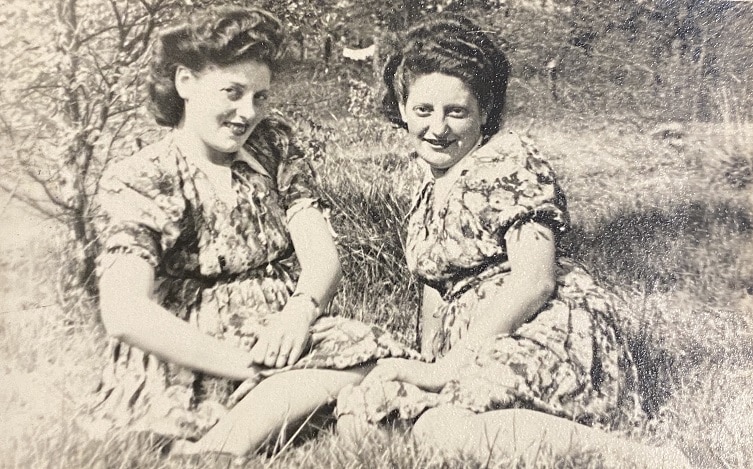

Not long ago, our Research team encountered an extraordinary story from Karolina Jurzky, a user who grew up in Poland. Karolina’s grandfather had told her that her great-grandfather rescued a pair of sisters from the Nazis. After he showed her some letters these sisters had sent to his father, Karolina decided to find out what became of them. Using MyHeritage, she was able to locate and connect with their descendants. This story was recently featured on CNN and captured international attention, and we could not be more grateful and proud to have been part of it.
Karolina’s grandfather, who was around 12 during the war, recalled that his father — Stanislaw Jurzyk — had been out in the fields near his house when he encountered a pair of sisters who were wounded and bleeding. He decided to take them home and care for them, and soon understood that they were Jewish. The sisters told him that their parents had been killed and that they had come a long way trying to find safety. Stanislaw risked his life and hid them in his house for around 2 years, keeping their presence a secret from the neighbors.
It was an incredible story… but not more than a story until two years ago, when Karolina’s grandfather revealed that he had some old letters the sisters had written to his father. He took them out of a drawer where they had remained untouched for years and showed them to Karolina: concrete evidence of her great-grandfather’s courageous act of kindness.
‘We will never forget’
“You will be surprised to receive this letter,” begins the first of them. “The letter is written by Fela and Jadwiga Kejzman from Warsaw, who are grateful to you. Much time has passed since the day we said goodbye to you. However, we did not express our cordial thanks to you for all the good that you did for us. We will never forget this noble act of saving our lives, and everything you did for us has become deeply etched in our memory; it is difficult to express in a letter the most profound gratitude and attachment that we feel for you. We are aware how much you were endangered by our insignificant selves. We are in awe of you as a person who has done the greatest act of saving human lives, as there were so few noble people sacrificing themselves for us, Jews, who suffered so badly. Thank God we are alive, and we have left all these terrible experiences and suffering behind.”
The sisters go on to explain that they were in Germany for the time being, and that they had both gotten married. They asked for Stanislow’s shoe size, saying they would like to send him a pair of shoes, and asked about his family and his farm. “We are keenly interested in everything and want to have a full picture,” they wrote. “Please accept our most heartfelt greetings and best wishes.” The letter was signed Fela and Jadwiga Kedjzman.
In January of 2021, Karolina and her father were discussing the letters, and she decided to investigate the story further. The letters were very old and the handwriting and archaic language made them difficult to read and understand — but the names of the sisters were clear enough. Maybe, using details from the letter, she could search for these women and find out what happened to them after they lost touch with her great-grandfather.
Karolina searched for the names on MyHeritage… and there, in a MyHeritage family tree belonging to a Karen Norman from New York, was a pair of sisters matching their names, ages, and origins.
Karolina reached out to Karen and discovered that it was true: she had just found the granddaughter of one of the sisters her great-grandfather had rescued.
“I had tears in my eyes, I was so glad to hear they survived,” Karolina told CNN.
The only way to survive
“I joined MyHeritage because we just don’t know what happened to anyone,” says Karen. Karen’s grandmother Fela and great-aunt Jadwiga rarely spoke about what they experienced during the war, but one of the few details they had mentioned was that there was a man who saved them in Poland. It seemed that they’d lost contact with him, and had been searching for him for years. In fact, they even had a photograph of this man that they had kept.
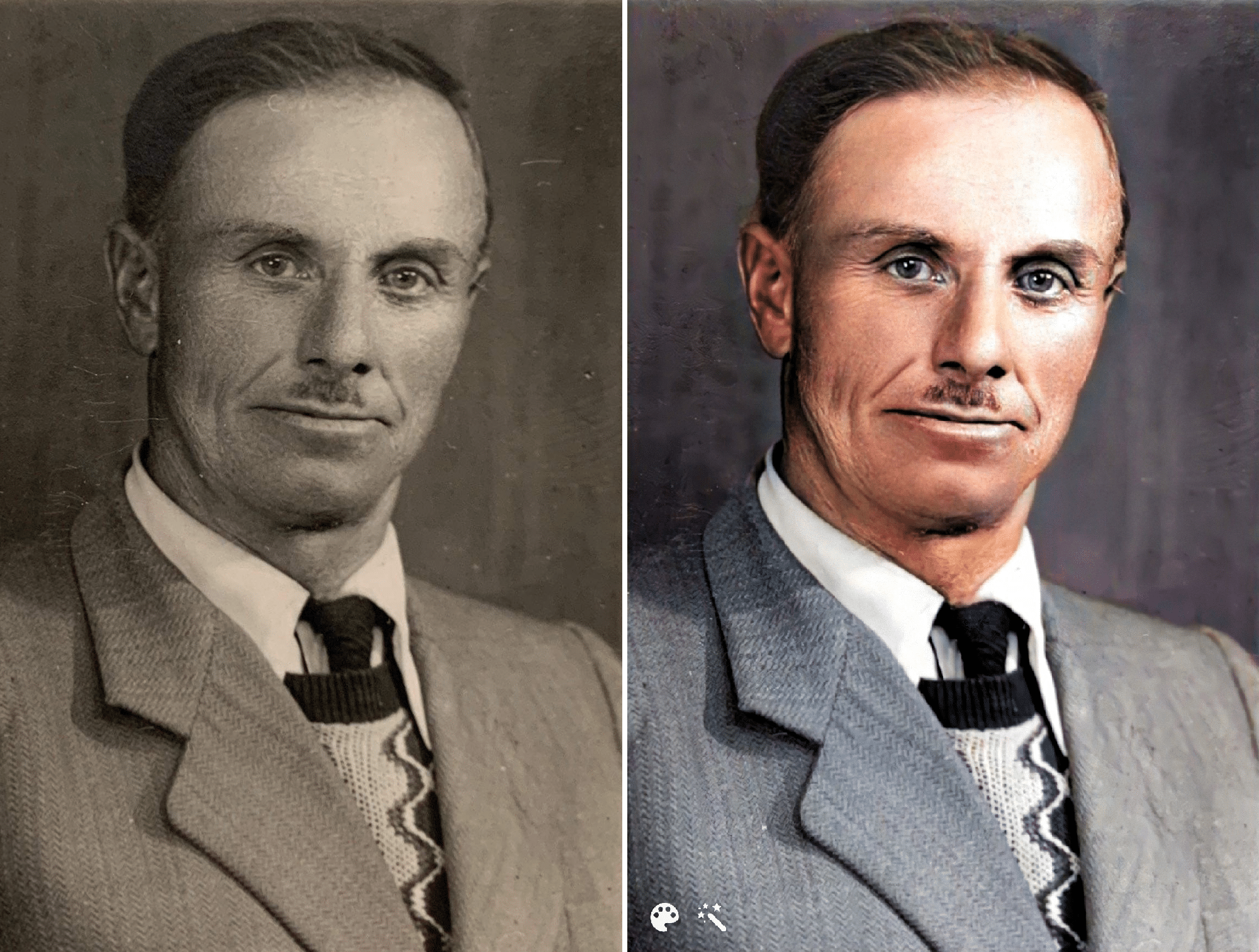
Photo of Stanislaw Jurzyk kept by the sisters he rescued. Image on the right colorized and enhanced on MyHeritage.
“The only thing I knew was that someone saved them, hid them in their house. As for the rest of their time during the war, we don’t know where they were,” says Karen. “I know they ended up in Bamberg, Germany before they left Europe. I know that my grandparents met in a town called Lukow, which is where my grandfather is originally from, and that after they got married, they had to hide — probably because my grandfather was a partisan.”
“The problem is that my mother and aunt didn’t want to talk much about the war,” says Karen’s father, Morris. “My father, Hejnoch, would sometimes let slip details here and there, but otherwise, he wouldn’t talk about it. Sometimes, when I would sit down with them and push and push, one of them would give me the basics of the story, but not the full story.”
“They had some things they didn’t want people to know,” says Karen. “A lot of people lied because this was the only way to survive. It was also a way to forget.”
Morris describes the story he managed to piece together: “From what I know, it looks like the young couple who took them in were very good people. They would bring them food and whatever they could. I don’t know exactly how my mother and aunt ended up at this farm, but I know that they lived upstairs in the attic for a number of years, like Anne Frank. At nighttime, they would go out of the attic to the farm fields and steal corn and potatoes and do whatever they had to do and come back.”
“It was a very stressful type of situation,” he goes on, “because the rescuers were scared that the Germans or other Poles would catch them. Many Polish people were not friendly towards Jews, but there were also Catholics who sympathized with their plight and tried to help as best they could, like those who saved my mother and aunt. They risked their lives, because if they were caught, they would have been shot by the Germans for sure.
“The neighbors didn’t even know, because the rescuers kept the whole thing secret. No one knew that they were hiding upstairs. If someone had known, they would have told the Germans and gotten rewards for turning the couple in.”
Morris says that because his mother and aunt had no money and were too young to work, there was no financial arrangement between them.
“I know for a fact that Jadwiga and Fela got arrested in Europe,” says Karen. “They weren’t partisans, but they worked with the partisans.”
“You could say they had to do extraordinary things in order to survive,” Karen concludes.

Felicja (Fela Faiga) Kejzman, Jadwiga’s sister and Karen’s great-aunt (Image on the right enhanced and colorized on MyHeritage)
“Sometimes I think about my mother and aunt,” says Morris. “Yes, they were survivors, they were amazing… but nevertheless, they were two young kids with no education whose entire lives were destroyed because of the war.”
Unfortunately, the sisters are no longer around to enjoy the newfound connection with the family that rescued them. Karen’s great-aunt Fela, with whom Karen was very close, died recently at the age of 103. Karen believes it was from the loneliness she experienced in the wake of the COVID restrictions. “She had heart surgery and was fine, and then she returned to her retirement home. Because of COVID, they asked everyone to stay in, and she couldn’t socialize. She wasn’t allowed to speak to people, and she just couldn’t live that way.”
Karolina had a similar tragic experience with her grandfather: he suffered from dementia, and when he fell and suffered a head injury. He eventually passed away, and Karolina and her father — who was very close with Karolina’s grandfather — took the whole situation very hard. But at least they had the chance to share what they had found with him before he died.
“My grandfather apparently became very emotional,” Karolina told CNN. “Somewhere deep inside he knew they were safe.”
Perhaps these grieving families can find some consolation in each other, having finally reconnected over the act of kindness that bound together their ancestors for eternity so many years ago.
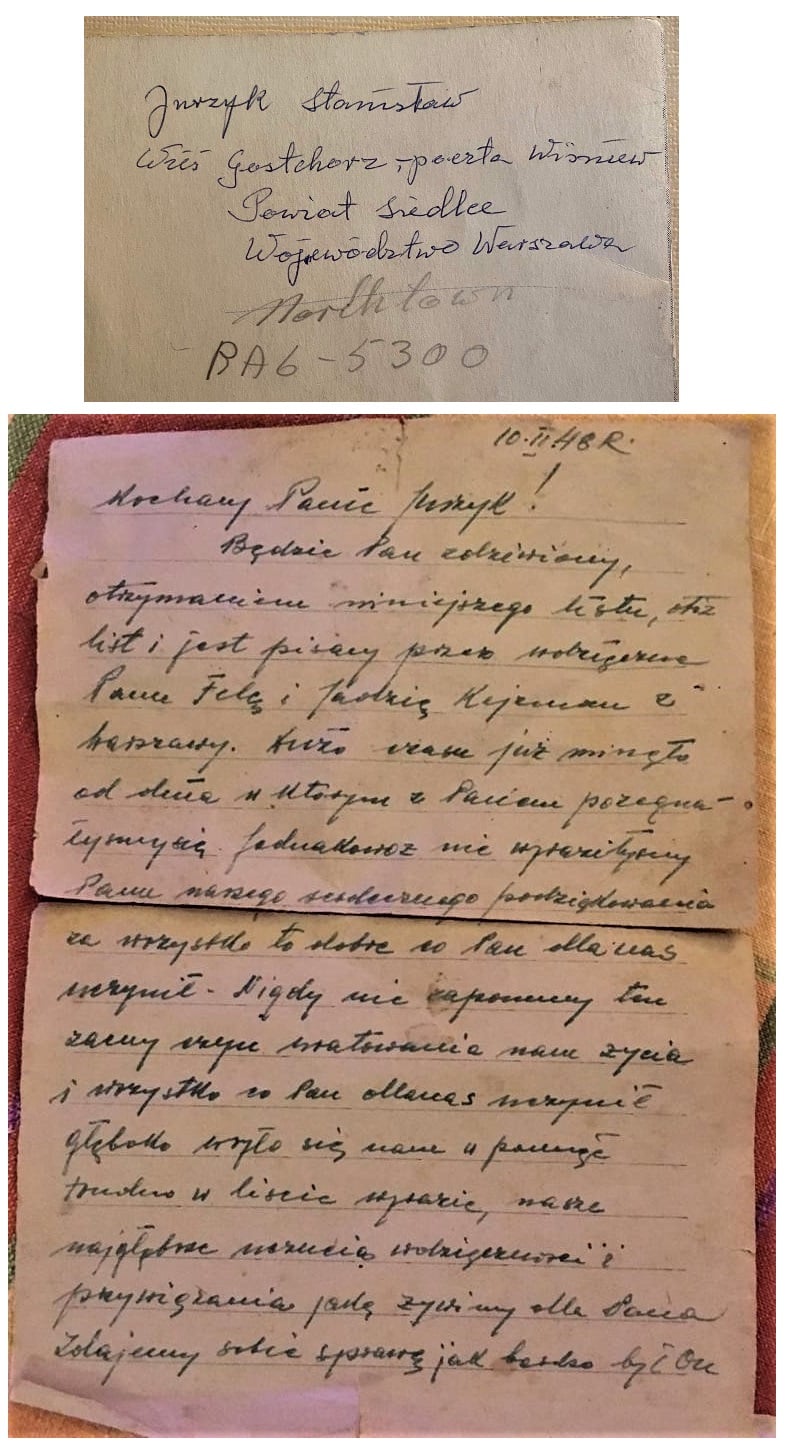
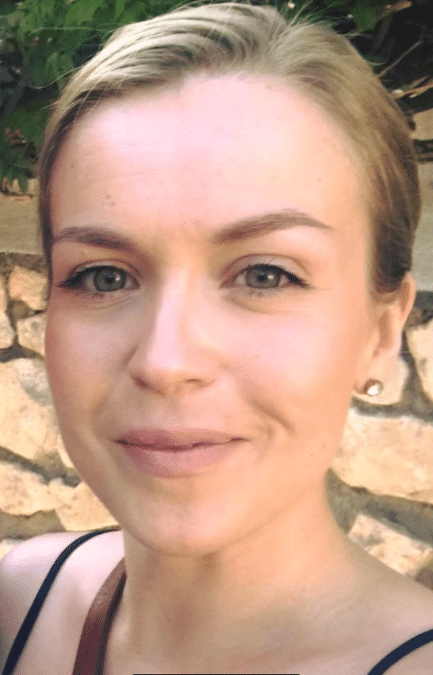

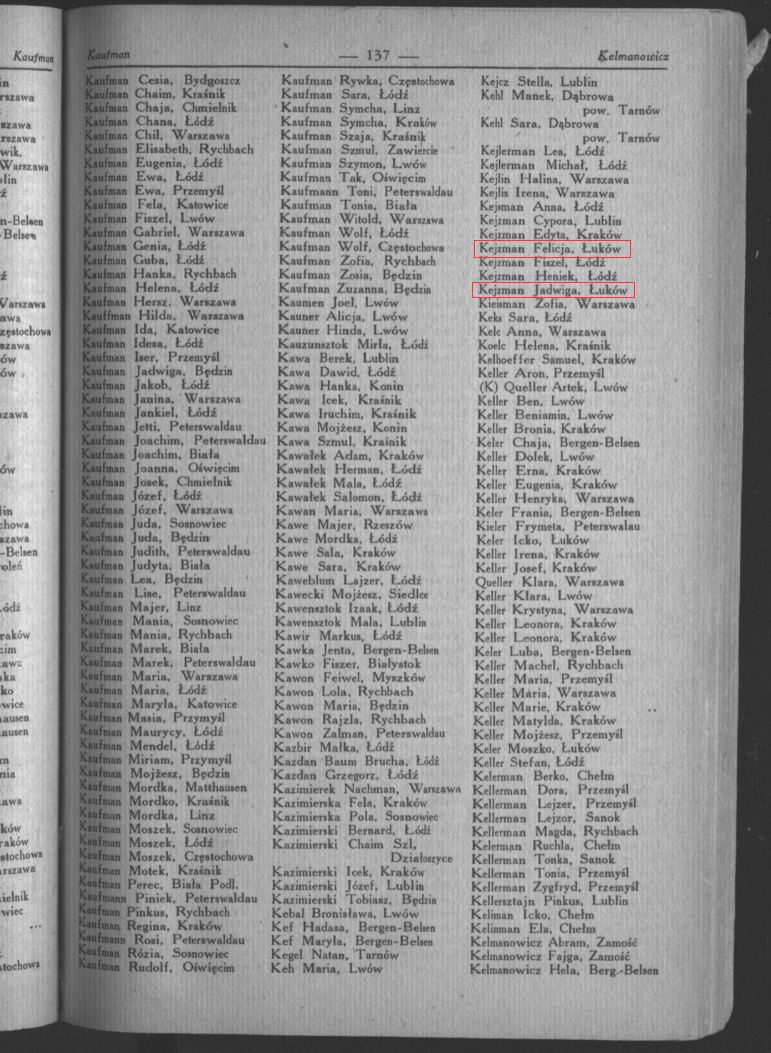
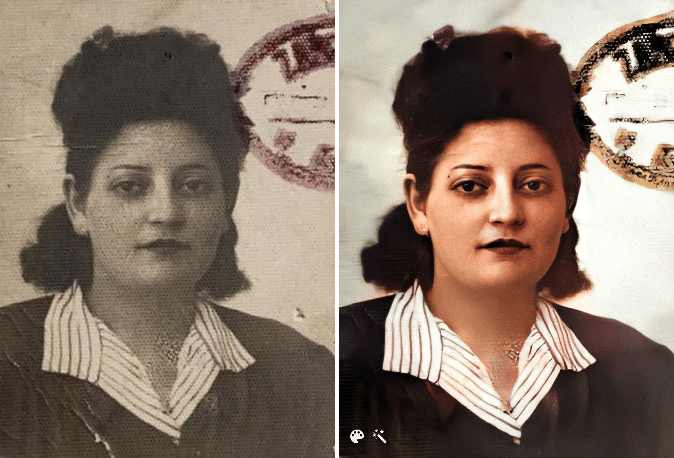


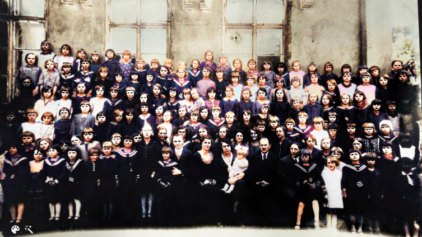
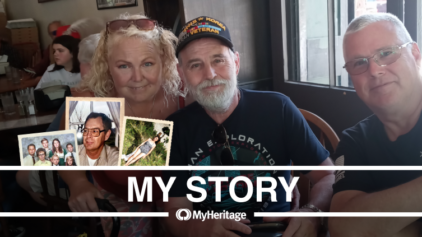
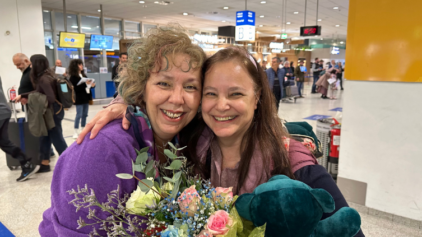
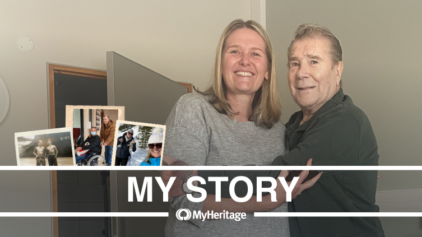
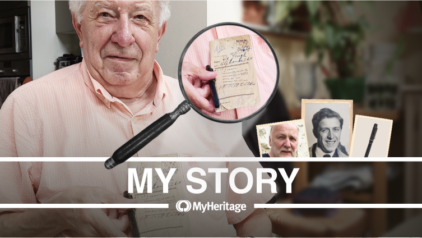
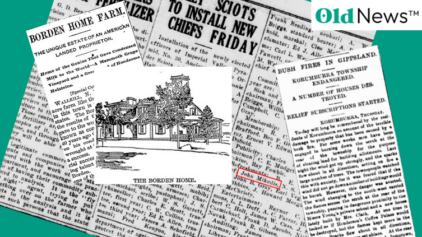
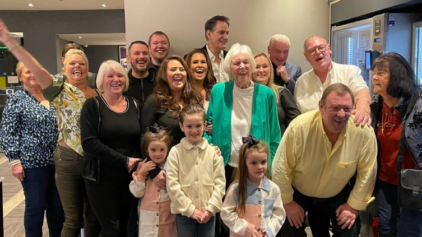
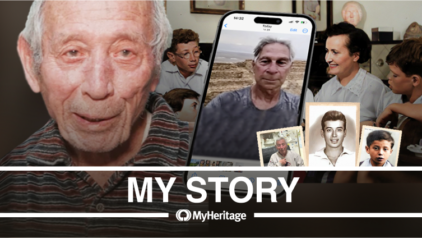
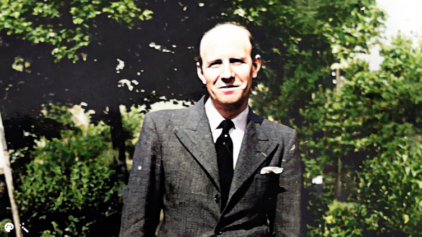
Jacqueline Allison
October 28, 2021
This story brings such great emotion and sadness. It is also heartwarming and I would love to know more.